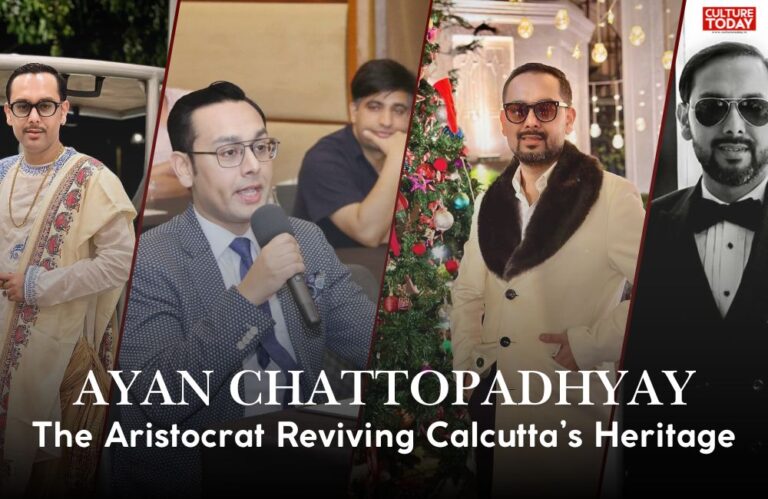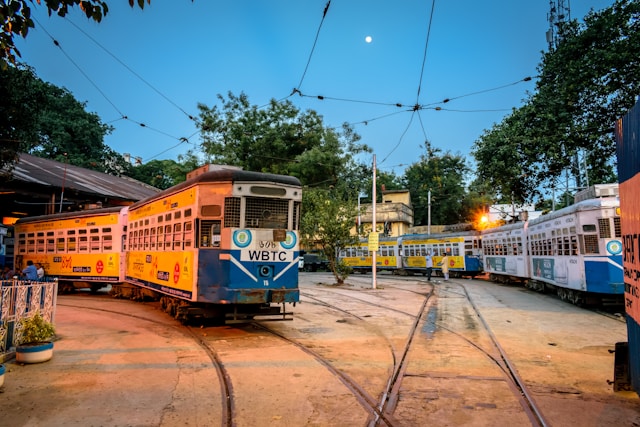The Poet Who Gave Words to Melodies: The Story of Gauri Prasanna Mazumder, Bengal’s Lyric Legend
There was a time when Kolkata’s evening air carried the scent of coffee, rain, and poetry. In the heart of that golden age of Bengali music, a man sat by his window, dipping his pen into a well of emotions that never seemed to dry. His name was Gauri Prasanna Mazumder – the man whose words made generations hum in joy, sigh in love, and weep in remembrance.
The Beginning of a Dream
Born in 1925 in Gopalnagar, Pabna, Gauri Prasanna grew up surrounded by books, songs, and the rustle of palm leaves whispering stories of Bengal’s soul. His father, a scholar at Presidency College, nurtured intellect at home, but it was his mother’s gentle singing of Rabindra Sangeet that lit the fire of creativity in little Gauri.
As he grew, words became his loyal companion. He could turn a simple phrase into something magical – something that lingered on the lips of the listener long after the song ended.
The Rise of a Wordsmith
The 1940s were turbulent years – war, freedom struggles, and dreams of a new dawn for Bengal. Amid all that chaos, a young lyricist stepped into the studios of Tollygunge, notebook in hand, heart full of music. His first few songs caught the attention of maestros like Hemanta Mukherjee and Sachin Dev Burman – and a legend was born.
He wasn’t merely writing songs; he was scripting Bengal’s emotions. From “Ei Poth Jodi Na Shesh Hoy” to “Coffee Houser Sei Adda Ta”, Mazumder’s lyrics became mirrors reflecting the life, laughter, and loneliness of an entire generation.
The Golden Era of Bengali Melody
The 1950s and 1960s marked what many call the golden era of Bengali cinema. Alongside musical giants like Robin Chattopadhyay and Sudhin Dasgupta, Mazumder shaped the soundtrack of Bengal’s post-independence identity. His words weren’t just verses – they were emotions dressed in rhythm. Whether it was romance, heartbreak, or patriotism, his pen flowed like a river that connected every heart it touched.
Even in times of political unrest, when Bengal was caught between modernity and memory, his songs gave hope. He penned wartime anthems like “Mago Bhavna Keno”, which became the heartbeat of the Liberation War of Bangladesh.
The Man Behind the Words
Those who knew him described Gauri Prasanna as soft-spoken, introspective, and deeply humane. He was rarely seen without his notebook – for inspiration could strike anywhere: in a tram ride through College Street, or in the quiet hum of the Hooghly River at dusk.
Despite fame, he remained grounded, believing that “a lyricist’s power lies in listening — to people, to silence, and to time.”
The Legacy That Never Fades
Gauri Prasanna passed away in 1986, leaving behind a treasure trove of songs that continue to define Bengali nostalgia. Every time “Coffee Houser Sei Adda Ta” plays over the radio, listeners close their eyes – and for a moment, the world slows down, returning to an age when words mattered more than noise.
Today, younger artists still find inspiration in his work, proof that true art never fades – it simply finds new voices to sing it.
In the story of Bengal, Gauri Prasanna Mazumder stands as the poet of melodies – the man who turned everyday life into poetry, and poetry into eternal song. His legacy isn’t just in verses or films; it lives in the heartbeat of every Bengali who has ever whispered a line of his creation beneath a monsoon sky.





